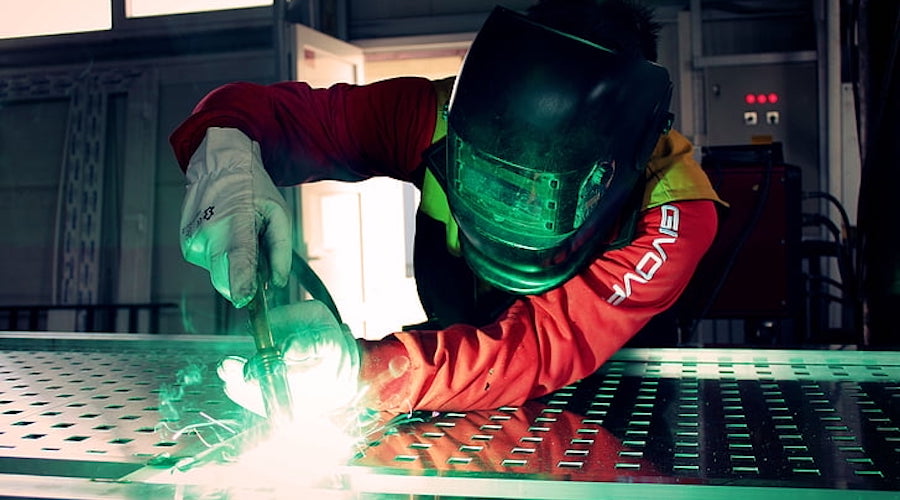During the annual Qingming festival, millions of people flock to the tombs of their ancestors to pay tribute and perform tomb-cleaning rituals. This year, a revolutionary technology has emerged to bridge the gap between the living and the dead: a moving digital avatar created through artificial intelligence.
For just 20 yuan, individuals can create an audio or video representation of their deceased loved ones using AI. One notable example is Taiwanese singer Bao Xiaobai, who used AI to “resurrect” his 22-year-old daughter who passed away in 2022. Despite having limited audio recordings of her, Bao spent over a year experimenting with AI before successfully creating a video where his daughter sang. The demand for digital clones of the deceased is on the rise in China, as the AI industry continues to evolve into human-like avatars.
Chinese technology companies are at the forefront of this innovation, fueled by the success of live streamers and bloggers. SenseTime, a prominent AI company, showcased its ability to create digital clones at its annual general meeting by delivering a speech using a digital clone of its deceased founder, Tang Xiaoou. This technology provides families with an unprecedented opportunity to reconnect with their loved ones beyond the grave during the tomb-cleaning festival.
While some individuals use AI to connect with deceased loved ones, others repurpose old footage of celebrities like Qiao Renliang to create new content featuring AI clones of them. However, unauthorized creation of such content has sparked controversy among some who argue that it should be banned if it causes distress to the relatives of the deceased. Despite these concerns, however, it seems likely that this trend will continue growing among China’s digital natives at an accelerating pace outpacing regulatory efforts.
In conclusion, technology has come a long way in recent years and has found new ways to connect people with their loved ones even after they have passed away. While there are certainly ethical concerns surrounding this new technology, it is clear that many people find comfort and solace in being able to interact with their ancestors in new ways during festivals like Qingming.
With advancements in AI and virtual reality continuing at breakneck pace it’s exciting to imagine what other possibilities may emerge for those looking for ways to honor their ancestors in unique and innovative ways beyond traditional rituals such as visiting gravesites or burning incense.


